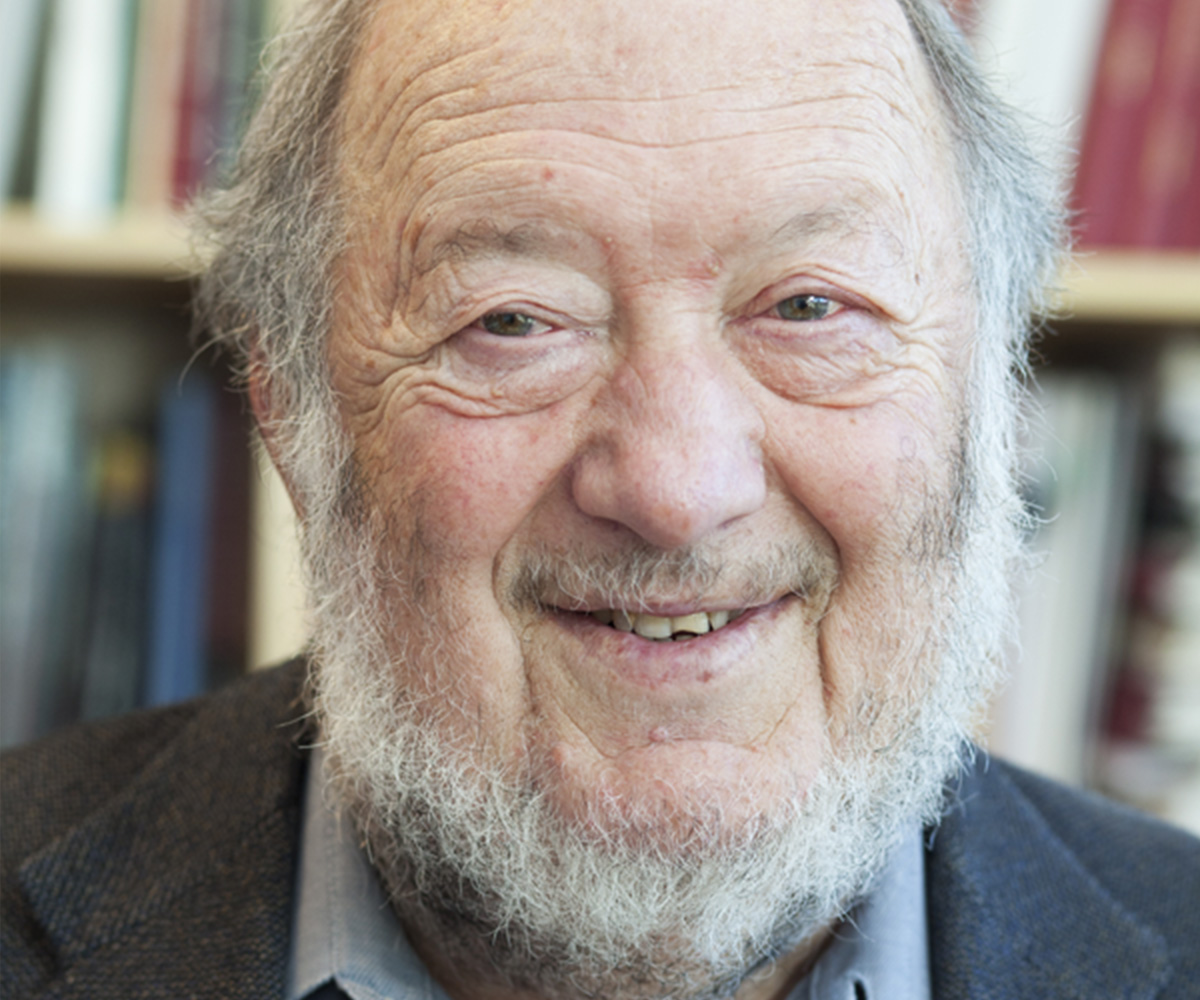

The aging of the immune system is frequently characterized by a decline in the production of lymphocytes—B and T cells, which execute adaptive immune responses—and an increase in inflammation and other pathologies associated with myeloid immune cells. Chronic inflammation, meanwhile, is associated with an elevated risk for multiple ailments, including cancer. Age-related changes in self-renewing hematopoietic stem cells (HSCs), which make all the cells of the blood, are thought to underlie these phenomena: HSCs with a balanced output of lymphoid and myeloid cells (bal-HSCs) predominate over HSCs with myeloid-biased output (my-HSCs) during youth, while aging brings with it increased proportions of my-HSCs. Transferring bal-HSCs into mice whose HSCs have been cleared has been shown to restore a healthy balance of lymphoid and myeloid cells; the opposite occurs with the transfer of my-HSCs. Researchers led partly by Ludwig Stanford’s Jason Ross and Director (emeritus) Irving Weissman explored whether depleting my-HSCs might similarly restore an appropriate immune balance. They reported in a Nature paper in March that antibody-mediated depletion of my-HSCs in aged mice restored characteristic features of a more youthful immune system and improved primary and secondary adaptive immune responses to viral infection. Their findings may have relevance to understanding, preventing and treating diseases exacerbated or caused by my-HSC dominance of the blood generation system.
Depleting myeloid-biased haematopoietic stem cells rejuvenates aged immunity
Nature, 2024 March 27